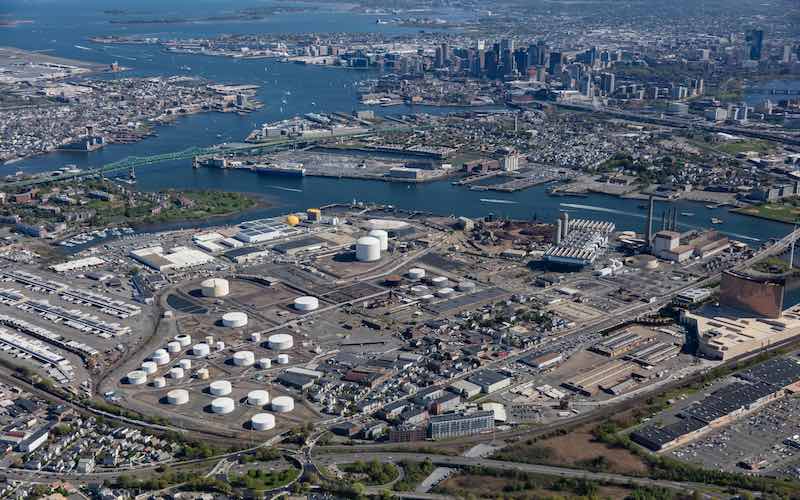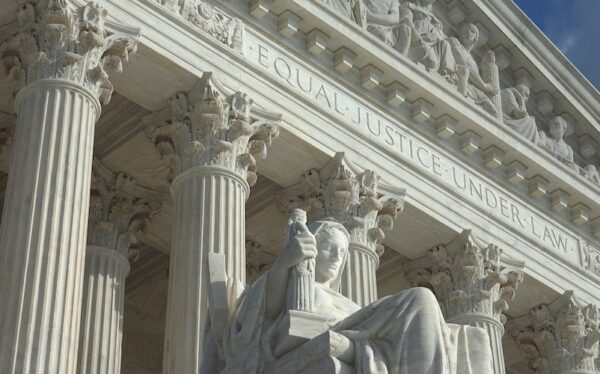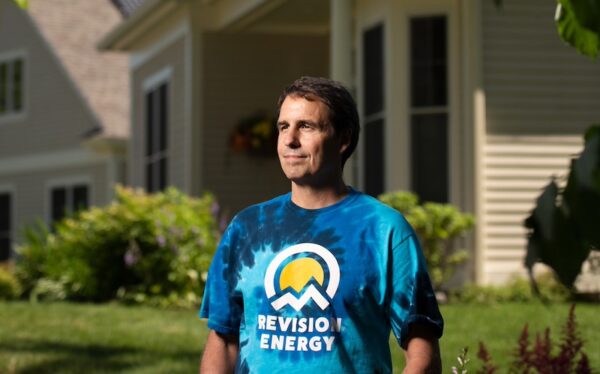
Exxon's Everett, MA terminal. Photo: Alex Maclean
Breaking: ExxonMobil has ceased operations at its Everett, Massachusetts, tank farm and plans to sell the site to a developer. The move comes amid pressure from a CLF lawsuit that threatened to reveal how the big oil company left nearby neighborhoods at risk from climate impacts.
ExxonMobil Deliberately Provoked Doubt about Climate Science
In 2015, exposés by InsideClimate News and the Los Angeles Times confirmed that oil giant ExxonMobil knew by the late 1970s that climate change caused by human activities would be devastating if left unchecked. It also knew that its products were the major cause of the pending crisis. But instead of taking action, the corporation lied to the government, and to all of us, by funding an aggressive campaign to foment doubt about climate science.
CLF started our own investigation, focused on how this climate deceit has affected us here in New England. We found that despite knowing the harm the climate crisis could cause, ExxonMobil left its oil storage facility in Everett, Massachusetts, on the Mystic River vulnerable to flooding from storms and rising seas. That meant it was just a matter of time before a giant storm flooded our streets with a toxic soup from Exxon’s dilapidated facilities.
In an effort to finally hold ExxonMobil accountable for its climate deceit, gross negligence, and violations of federal pollution regulations, in the fall of 2016, CLF filed suit against the corporate giant. It is a landmark case, and not only because it’s the first major lawsuit to be filed against the company since the #ExxonKnew revelations were uncovered.
Exxon Tried – and Failed – to Shut CLF Down. Now They’re Shutting Down Instead.
This case was a David vs. Goliath scenario, in every sense of the term. The residents impacted by Exxon’s pollution are already at a disadvantage: lower-income, immigrant, and communities of color like those along the Mystic have traditionally been denied the same access to resources as their wealthier counterparts and disproportionately over-burdened with pollution. This has created an imbalance of power that Exxon has exploited for years.
But our justice system cannot – and must not – be sold off to the highest bidder. Despite ExxonMobil attempting to have our case dismissed and blocking its progress through the courts for more than five years, we refused to back down. We were – and are – ready to go head-to-head with those who would pollute our air and water, harm our communities, and damage our climate, and we will stick with the local communities in this fight as long as it takes.
The case – and our tenacity – has now shut the facility down for good. The sale of the property to a developer is a welcome victory for the community, the Mystic River, and our environment. But our case isn’t over yet.
Exxon Still Has a Responsibility to the Community: Clean Up Their Polluted Site
Even though the company has shut down the tank farm and has agreed to sell the site, the danger has unfortunately not passed. The Everett site contains contaminated soil and groundwater, and it will continue to pose a serious threat to the community and the environment until Exxon or the purchaser takes responsibility to fortify it.
The redevelopment will only be safe when the property is fully and properly prepared to withstand climate impacts and severe weather. It will take a massive cleanup to fix these serious issues.
What’s more, our case in Everett is just one of our efforts to put Big Oil on trial for its climate deceit and denial. Our cases against Shell Oil and other companies are moving forward in Providence, New Haven, and Quincy.
Together, these cases present a tremendous opportunity for change, and the potential to set a precedent for the dynamic role of local advocacy in taking on transnational corporations. They also show us that no company, organization, or government agency is too big to be held responsible for its actions – and no one town or resident is too small or too weak to demand environmental justice. Whether it’s filing a case against Exxon or sitting down and talking to local decision-makers, no action is too small to make a difference.
We won’t let this sale allow Exxon to evade responsibility for its toxic legacy and ongoing harm to the community. Our legal team will continue to hold ExxonMobil accountable for its harm in court – and we’ll be following the redevelopment of the Everett site closely to make sure community voices are heard and the property is fully cleaned up.
We won’t have the resources to see this case through unless we have New Englanders like you by our side. Will you help us carry this case forward and hold Exxon accountable in court with a gift to CLF right now?




